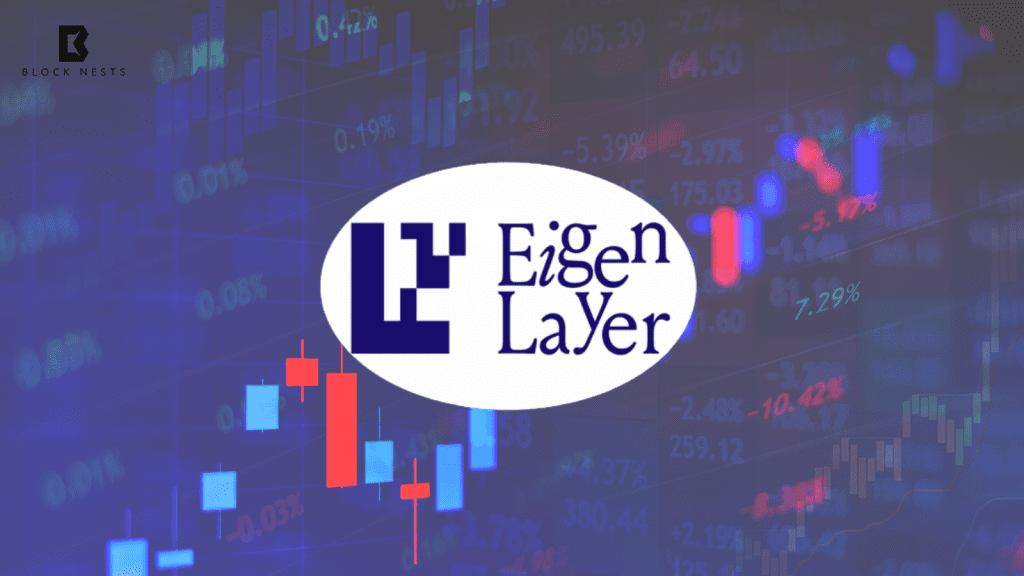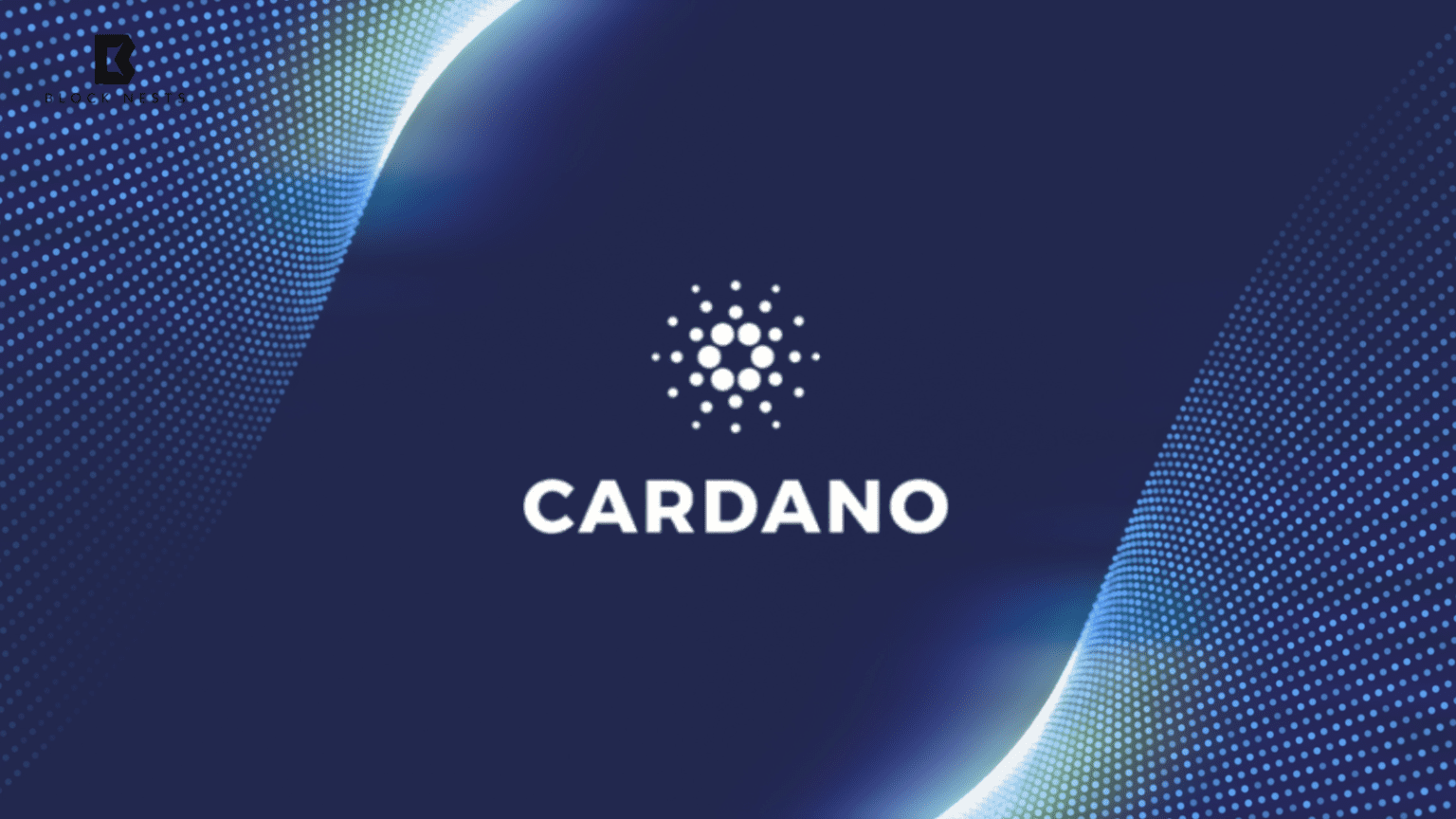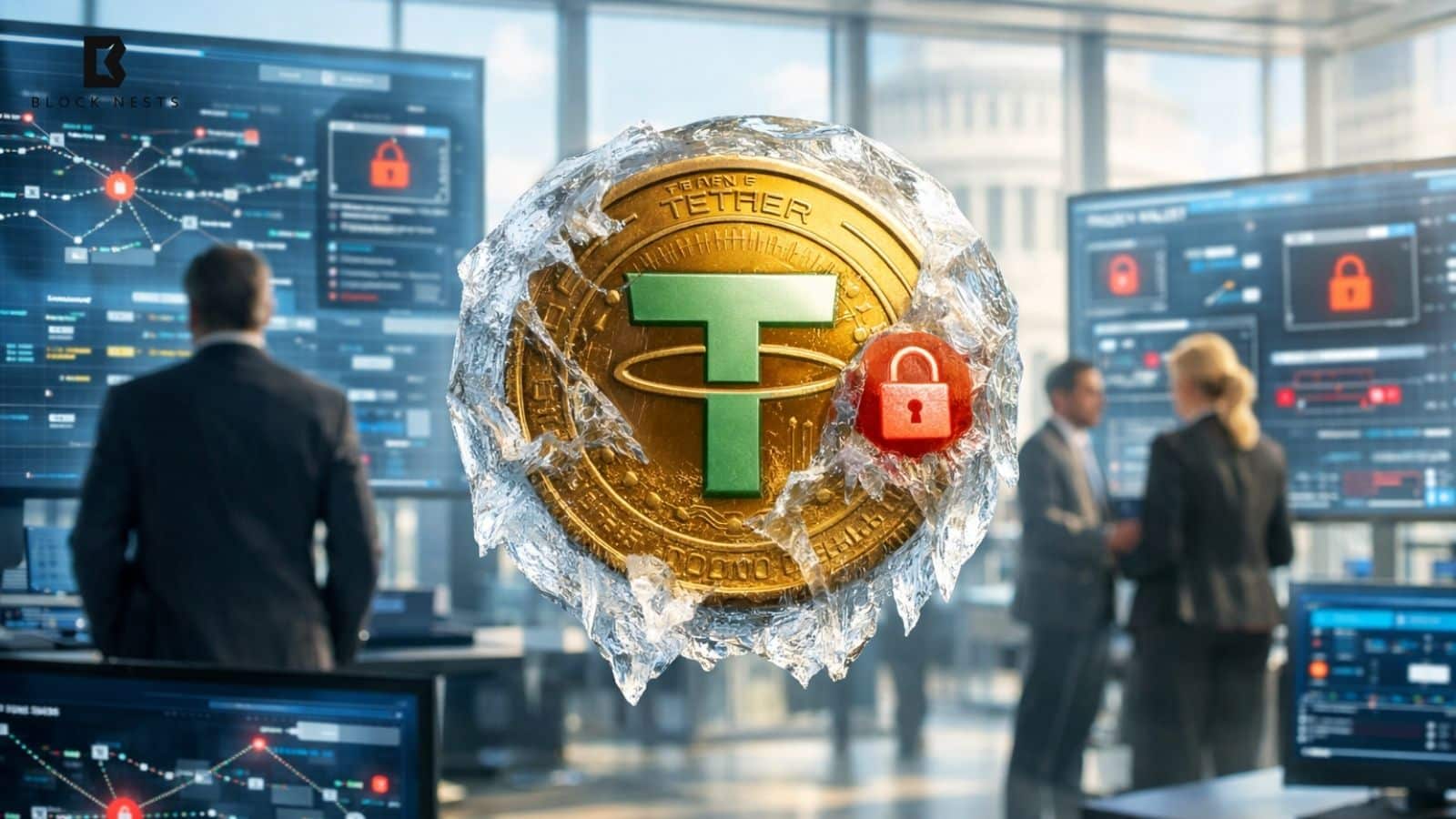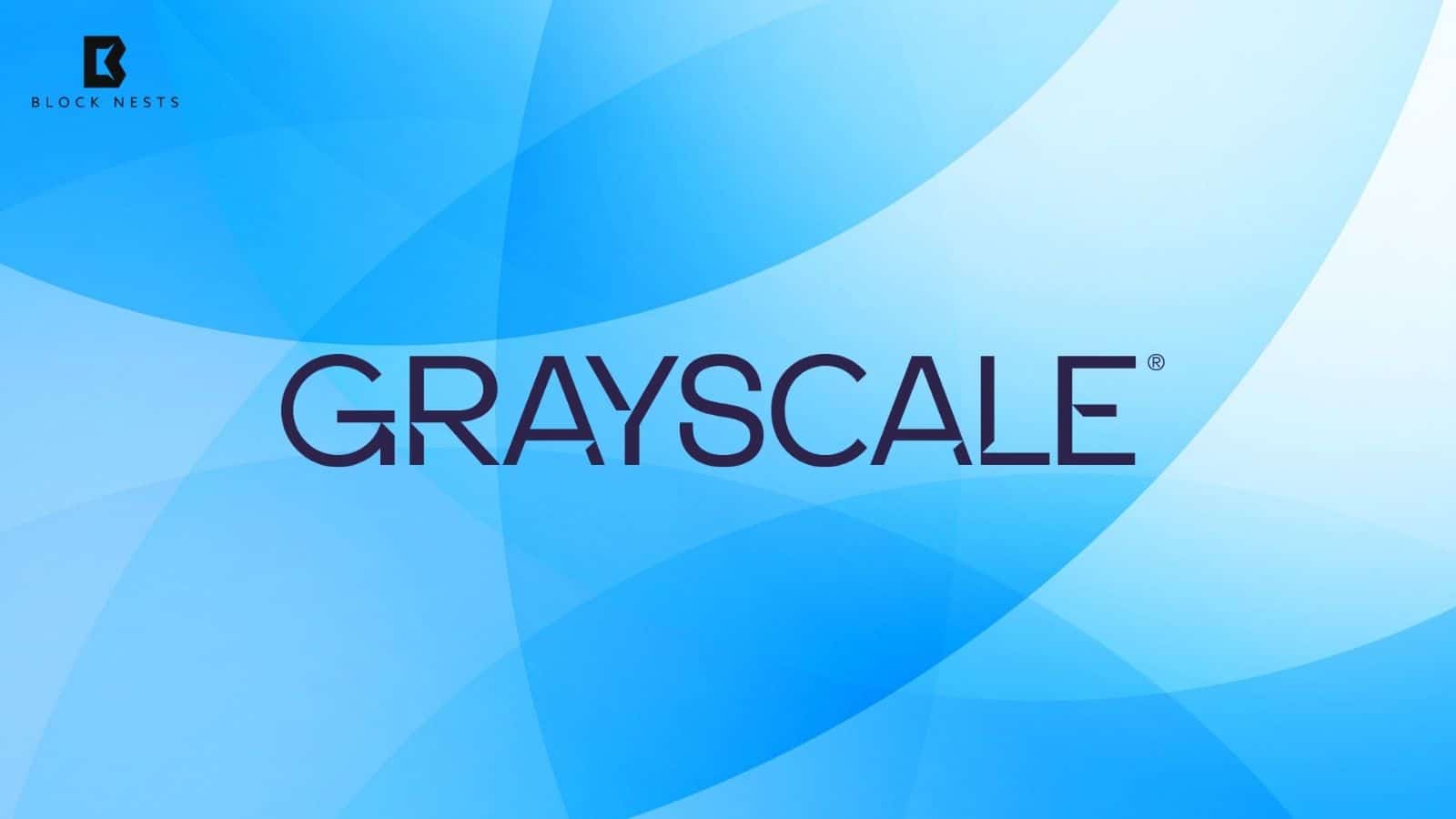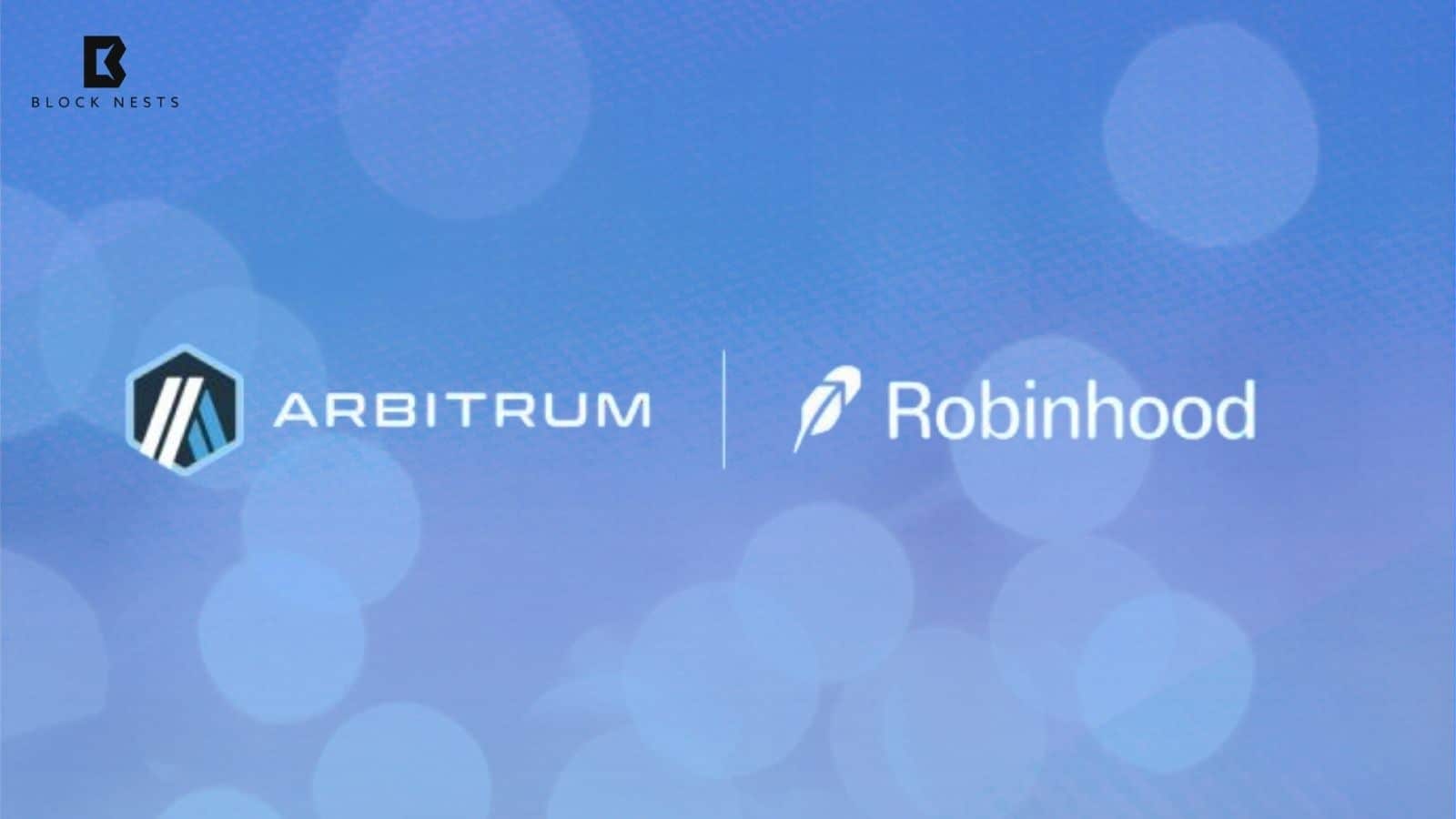- EigenLayer launched a multichain verification feature for AVSs.
- AVSs can now run on Layer-2 chains while keeping Ethereum-level security.
- The feature is in Public Preview on the Base Sepolia testnet.
EigenLayer has introduced a new protocol feature that makes it easier for decentralized services to scale. This new feature is called Multi-Chain Verification. It allows actively validated services (AVSs) to operate on various chains, not just Ethereum’s mainnet. With this update, developers no longer need to create complex workarounds or spend heavily to support multichain deployment.
— EigenCloud (@eigenlayer) July 24, 2025
Before, AVSs could only build upon Ethereum Layer 1. The security was there, but options were scarce. Many teams considered making multichain deployments themselves but technical complexities and costs stood in the way. Now, with simple contract configurations, AVSs can deploy on cheaper and quicker chains.
EigenLayer Launches Public Preview on Sepolia
This feature was launched by Eigen Labs as part of a Public Preview. The start is with Sepolia testnet support using the Base ecosystem. The release gives developers early access to experiment and test. AVSs can thus begin checking out their services with Layer-2 benefits while maintaining stringent security requirements.
It aims to allow AVSs to air live across different chains without re-authoring their content for each of them. The system has a single integration path. That means less complicated builds, faster go-lives, and streamlined workflows for users as well as developers.
Stake data under this Preview updates daily. The protocol automatically updates this. Important events like slashes or operator deletions will refresh in real time. Such quick refreshes keep users and services secured for all supported chains.
New Feature Brings Flexibility for Developers
This release is merely the beginning. Eigen Labs will add support for further chains and release the function to mainnet shortly after that. The overall general availability will occur within the following months. With increasing popularity, this feature will possibly disrupt AVSs to build, grow, and serve end-users.
Designs for features stress flexibility and efficiency. With a modular installation, programmers can adapt verification steps to their own specifications. By doing this, efficient but still secure services are easier to build.
EigenLayer’s latest step grants developers still more freedom without compromising Ethereum-quality trustworthiness. With more chains to come shortly, the decentralized universe will speed up, lower costs, and become ever more interlinked.
Related Reading: Bitcoin Strategy Strengthens: Metaplanet Now Holds Over ¥253B in Bitcoin
How would you rate your experience?
